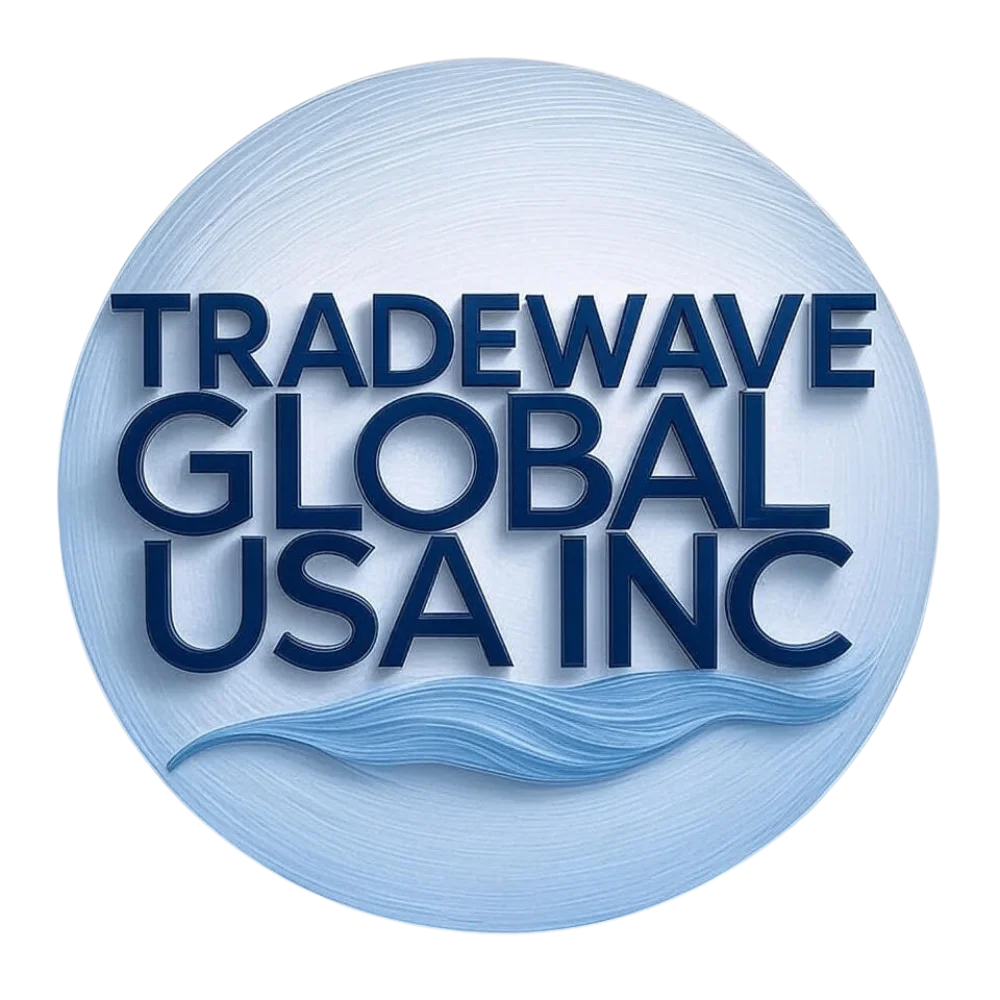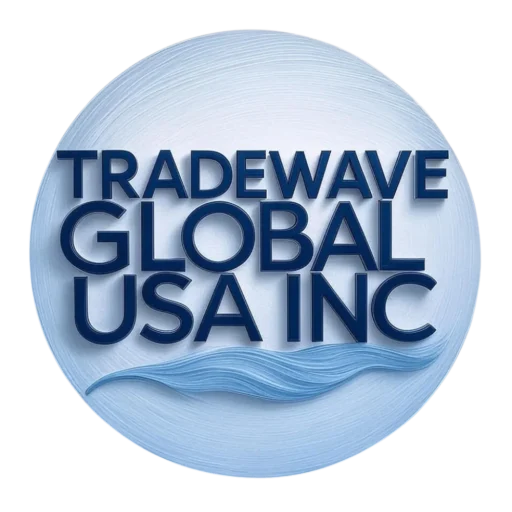Purpose
Also known as Terms of Sale, these are standardized trade definitions.Widely used in international contracts and reflected on sales invoices.
Ensure clear understanding of responsibilities between buyers and sellers. Created by the International Chamber of Commerce (ICC) and protected by ICC copyright.
Reviewed every 10 years and updated to match global trade changes. Latest edition: Incoterms 2000.
Contract of Carriage
The Incoterm used in a transaction determines which party is responsible for each stage of transportation and the corresponding contract of carriage. It can also influence the transfer of title in international trade.
As a general guideline, Pre-Carriage, Main Carriage, and On-Carriage should always be considered in relation to the Incoterms.
- Pre-Carriage : The transportation stage from the seller’s location to the point where the cargo departs from the seller’s side. For example, arranging pre-carriage involves contracting an inland carrier to deliver goods to a port or airport.
- Main-Carriage : The transportation stage from the seller’s side to the buyer’s side. For example, arranging main-carriage involves contracting for ocean or air transport.
- On-Carriage : The transportation stage from the point of arrival (buyer’s side) to the final designated receiver. For example, arranging on-carriage means contracting an inland carrier to deliver goods from the port or airport of arrival to the ultimate receiver.
13 Terms
- EXW – Ex Works (named place)
- FCA – Free Carrier (named place)
- FAS – Free Alongside Ship (named place)
- FOB – Free On Board (named port of shipment)
- CFR – Cost and Freight (named port of destination)
- CIF – Cost, Insurance and Freight (named port of destination)
- CPT – Carriage Paid To (named place of destination)
- CIP – Carriage and Insurance Paid To (named place of destination)
- DAF – Delivered at Frontier (named place)
- DES – Delivered Ex Ship (named port of destination)
- DEQ – Delivered Ex Quay (named port of destination)
- DDU – Delivered Duty Unpaid (named place of destination)
- DDP – Delivered Duty Paid (named place of destination) 4 General Groups of Terms
4 General Groups of Terms
- “E” term: seller’s obligation (& control of shipment) is at its minimum
- “F” terms: require the seller to deliver the goods for carriage as instructed by the buyer
- “C” terms: require the seller to contract carriage on usual terms at his own expense
- “D” terms: seller’s obligation & control at its maximum
EXW Ex Works
- The buyer is fully responsible for arranging the entire transport of goods — including pre-carriage, main-carriage, and on-carriage.
- The seller’s responsibility ends once the buyer is notified and the goods, properly packed for export, are made available at the named place within the agreed time.
- The buyer is responsible for all costs and risks, including loading goods from the named location.
- The buyer handles the export clearance of the goods. This term should not be used if the buyer cannot complete export formalities directly or indirectly.
- The buyer is responsible for the import clearance of the goods.
FCA Free Carrier
- The seller’s obligation ends once the goods, cleared for export, are delivered to the carrier (any transport mode) nominated by the buyer at the named place.
- The buyer must arrange and pay for the carriage of goods from the named place.
- If requested by the buyer, or if it is common commercial practice, the seller may arrange carriage at the buyer’s risk and expense.
- The buyer is responsible for import clearance of the goods.ds for import.
FAS Free Alongside Ship
- The seller’s obligation and risk end when the goods are delivered alongside the vessel at the named port of shipment.
- The seller must clear the goods for export.
- This term applies only to sea or inland waterway transport.
- The buyer is responsible for all costs and risks of transport to the final destination once the cargo is placed alongside the vessel.
- The buyer bears any additional costs due to vessel delay or refusal of goods for loading.
- The buyer must clear the goods for import at the final destination.
FOB Free On Board
- The seller’s obligation is complete once the buyer is notified and the goods have passed over the ship’s rail on board the vessel at the named port. (If the seller does not intend to deliver across the ship’s rail, the FCA term should be used instead.)
- The buyer is responsible for all costs and risks after the goods pass the ship’s rail and are loaded on board at the named port.
- The buyer must arrange the carriage of goods from the named port of shipment, including main-carriage and on-carriage.
- The seller must handle the export clearance of the goods.
- The buyer must handle the import clearance of the goods.
CFR Cost and Freight
- The seller’s obligation is fulfilled once the goods are delivered to a carrier, pass the ship’s rail, and the contract of carriage is arranged, freight prepaid, to the named port. (If the seller does not intend to deliver across the ship’s rail, the FCA term should be used.)
- The buyer is responsible for all risks after the goods have passed the ship’s rail and are loaded on board the vessel, including costs and risks for receipt of goods in the importing country.
- The seller must arrange both the pre-carriage and main-carriage of the goods.
- The seller is responsible for the export clearance of the goods.
- The buyer is responsible for the import clearance of the goods.
CIF Cost, Insurance and Freight
- The seller’s responsibility is complete once the goods are delivered to the carrier, cross the ship’s rail, the freight is prepaid to the named port, and insurance coverage for the cargo is arranged.
- The buyer assumes all risks after the goods cross the ship’s rail and are loaded on board the vessel, along with the costs and responsibilities for receiving the goods in the importing country.
- The seller is obligated to arrange both pre-carriage and main-carriage of the goods.
- The seller must handle export clearance formalities.
- The buyer must handle import clearance formalities.
CPT Carriage Paid To
- The seller’s obligation is complete once the goods are delivered to the carrier, cross the ship’s rail, and the freight is prepaid to the named destination.
- The buyer assumes all risks and costs after the goods reach the named destination, including receipt from the carrier, import-related expenses, and insurance in the importing country.
- The seller is required to manage both pre-carriage and main-carriage of the goods.
- The seller must ensure export clearance is completed.
- The buyer must handle import clearance formalities.
CIP Carriage and Insurance Paid To
- The seller’s responsibility is met once the goods are handed over to the carrier, the contract of carriage is arranged with freight prepaid to the named destination, and insurance is secured for the cargo.
- The buyer takes on all costs and risks after the goods are received by the carrier—before loading onto the vessel or aircraft—and also bears the costs and risks upon receipt of the goods in the importing country.
- The seller is responsiThe seller must arrange both pre-carriage and main carriage of the goods.ble to arrange for the pre-carriage and main carriage of the goods.
- The seller is obligated to complete export clearance.
- The buyer is resThe buyer is required to handle import clearance.ponsible for the import clearance of the goods.
DAF Delivered At Frontier
- The seller’s obligation ends once the goods are placed at the buyer’s disposal on the arriving means of transport, not unloaded, cleared for export but not for import, at the named point and place at the frontier—before the customs border of the adjoining country.
- The buyer is responsible for import customs clearance, duties, taxes, and delivery to the final destination in the importing country.
- If delivery occurs at the port of destination—either on board the vessel or on the quay (wharf)—the DES or DEQ terms should apply.
DES Delivered Ex Ship
- The seller’s obligation ends once the goods are placed at the buyer’s disposal on board the vessel at the named port of destination, cleared for export but not for import, and before unloading.
- The buyer is responsible for import customs clearance and all charges related to unloading from the ship, including Destination Unloading, Terminal Handling, and/or Container Service Charges (CSC).
- If the seller is also responsible for unloading the goods, the DEQ term should be applied.
DEQ Delivered Ex Quay
- The seller’s obligation ends once the goods are delivered to the buyer’s disposal on board the vessel at the named port of destination, cleared for export but not for import, and unloaded at the quay (wharf).
- The buyer is responsible for import customs clearance and for paying all related formalities, duties, taxes, and other charges upon import.
- If the seller must also deliver the goods beyond the quay (to a warehouse, terminal, or another location inside or outside the port), the DDU or DDP terms should be applied.
DDU Delivered Duty Unpaid
- The seller’s obligation is complete once the goods are made available to the buyer at the named place of destination, not cleared for import.
- The buyer assumes responsibility for all costs and risks related to the goods upon importation at the named place of destination.
- The seller must arrange the full contract of carriage, including pre-carriage, main carriage, and on-carriage to the named place of destination.
- The seller is responsible for completing the export clearance of the goods.
- The buyer is responsible for handling import clearance, including payment of all applicable duties, taxes, and fees.
DDP Delivered Duty Paid
- The seller’s obligation is complete once the goods are made available to the buyer at the named place of destination, cleared for import.
- The buyer is responsible for taking delivery of the goods from the named place of destination.
- The seller must arrange the full contract of carriage, including pre-carriage, main carriage, and on-carriage to the named destination.
- The seller is responsible for completing the export clearance of the goods.
- The seller is also responsible for import clearance, including payment of all required duties, taxes, and fees.
INCO Terms vs. Mode of Transport
- Any Mode of Transport: EXW, FCA, CPT, CIP, DAF, DDU, DDP
- Maritime & Inland Waterways Only: FAS, FOB, CFR, CIF, DES, DEQ
- We are committed to upholding the ethical and professional principles set forth by Samuel Shapiro in 1915, striving to remain a model corporate citizen. Our culture of excellence encourages our employees to stay true to our values, ensuring we serve our clients, honor our company philosophy, and contribute positively to the communities where we live and work.


